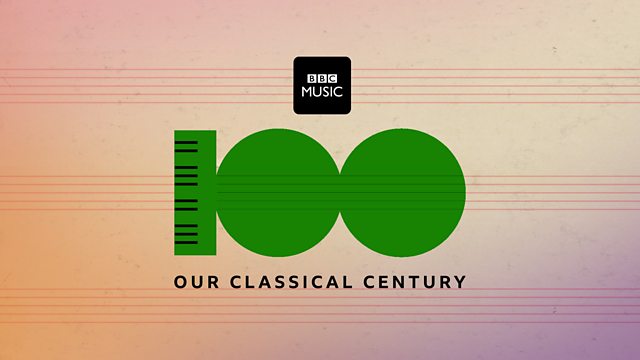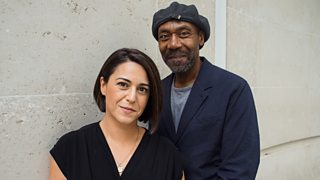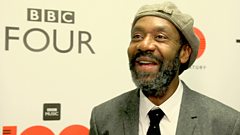
Benjamin Britten: Owen Wingrave
The opera written for television that opened and closed in one night.
At 8.15pm on Sunday 16 May 1971, just over 257,000 people watched the first performance of a brand new opera. That’s an astonishingly well-attended event for contemporary music - but for television, where Benjamin Britten’s opera Owen Wingrave was premiered, it represented around 1% of the potential Βι¶ΉΤΌΕΔ Two audience. With no plans to repeat the opera, Owen Wingrave opened and closed in one night.
This is the story of an opera that doesn’t quite fit: a meeting of two genres that created more questions than solutions. The story begins in 1968, during an unsettled period when conflict was on everyone’s mind. The Vietnam war was at crisis point, US military planes flew over British skies and televisions spilled out horrific images of carnage, massacre and anti-war demonstrations.
Although Benjamin Britten had never owned a television, he accepted when the Βι¶ΉΤΌΕΔ approached him with a commission for a television opera - and he chose pacifism as his subject. Britten and his librettist, Myfanwy Piper, turned to a little-known 19th-Century story by Henry James. Owen Wingrave is the tale of a young man who defies his military family's traditions and declares himself a conscientious objector. It’s a typical Britten topic: an innocent hero set against the community.
But when it came to filming, things began to get a little uncomfortable. Seven vast sets - banqueting halls, galleries and staircases - plus tracks for six cameras were crammed into Snape Maltings, along with the cast and orchestra. Singers struggled to see the monitors and Britten’s assistant conductor resorted to hiding under tables and hanging from beams to avoid the cameras when giving cues. Britten and his cast soldiered on for nine intense days, in an acoustic made dry and unfamiliar by the sets, deeply frustrated to be filming in small chunks.
It was a huge logistic achievement and superbly sung. The score, with its vision of peace, is among some of of the most beautiful and moving music Britten wrote. But the critics were respectful rather than enthused. There was n uneasy tension between the realism of television and the theatricality of opera. Despite an excellent new 2001 film directed by Margaret Williams and a 2007 revival at the Lindbury Theatre, Owen Wingrave has not found a place in the history of television or the history of opera.
This is one of 100 significant musical moments explored by Βι¶ΉΤΌΕΔ Radio 3’s Essential Classics as part of Our Classical Century, a Βι¶ΉΤΌΕΔ season celebrating a momentous 100 years in music from 1918 to 2018. Visit bbc.co.uk/ourclassicalcentury to watch and listen to all programmes in the season.
This is an excerpt from the Peace Aria in a recording by the English Chamber Orchestra and baritone Benjamin Luxon.
Duration:
This clip is from
Featured in...
![]()
The music of Our Classical Century—Our Classical Century
100 recordings to celebrate 100 years of exciting, inspirational, rule-busting music.
More clips from Our Classical Century
-
![]()
Step outside your musical tribe
Duration: 02:49



